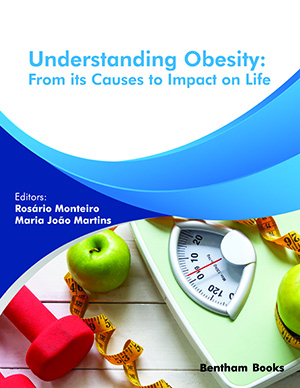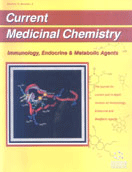Abstract
Polyphenols are secondary metabolites from plant metabolism, widely distributed in nature. The major dietary sources of polyphenols are fruits, vegetables, chocolate and plant-derived beverages like tea, coffee and wine. Polyphenols are mostly absorbed in the small intestine, extensively and quickly metabolized in the liver and appear in the circulation or are excreted into bile and urine as both intact and metabolized forms. Much attention has been given to polyphenols in the last decades, mainly due to the positive association between the consumption of polyphenol-rich foods and the low risk of chronic diseases like cardiovascular diseases, type 2 diabetes and obesity. In fact, obesity has increased enormously worldwide and is becoming a threat to public health. Several studies suggest that polyphenols and polyphenol-rich foods have very interesting properties regarding the management of obesity and weight loss. Polyphenols promote a healthy profile of intestinal microbiota, decreasing Firmicutes and increasing Bacteroidetes. Polyphenols may modulate carbohydrate digestion, glucose absorption and gluconeogenesis, thereby helping contain postprandial hyperglycemic excursions. They improve lipid metabolism by decreasing adipogenesis and inhibiting lipogenesis, and stimulating lipolysis and beta-oxidation. Polyphenol ingestion was also associated with decreased food-intake and thermogenesis stimulation. Nevertheless, the effects described are still subject to debate because human studies are scarce and some results are inconsistent. Further research is needed before recommending the use of polyphenols as regulators of weight and/or modulators of obesity.
Keywords: Absorption, Adipogenesis, Adipose tissue browning, Flavonoids, Food, Food-intake, Lipogenesis, Lipolysis, Metabolism, Microbiota, Polyphenols, Peroxisome proliferator-activated receptor alpha, Peroxisome proliferatoractivated receptor gamma, Sterol regulatory element-binding protein, Obesity, Thermogenesis, Uncoupling protein 1, Weight loss.





















